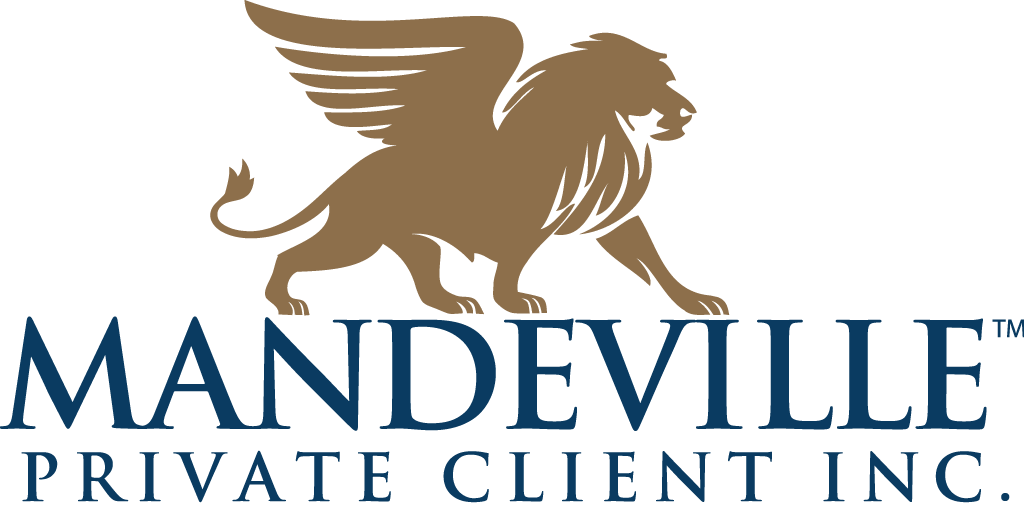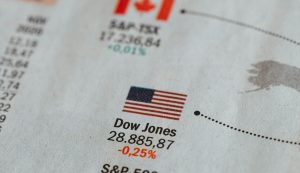Who Needs a Cash Wedge!

When preparing for an income stream at time of converting your Registered Retirement
Savings Plan to a Registered Retirement Income Fund (RRIF) or taking a systematic income
from a non-registered investment account, having a cash or income wedge is very
important. What is a cash wedge? Well, it is not related to the game of golf, however it
can definitely improve the sustainability of your income stream. This is because, when
looking at any sustainable income stream from an investment portfolio, the sequence of
returns is very important.
If you analyze two balanced investment funds and both have a 7% average rate of return
over a 20-year time frame, this is just fine in the accumulation stage (while saving) even if
the sequence of returns differs. However, in the income stage, when you are redeeming
shares and the early years are punctuated with losses (circa 2008-09) or any other
examples that come to mind, then you are exposed. This is because each income payment
requires a sell and when markets fall you need to sell a greater number of units or shares
to raise the cash required for your desired lifestyle or the minimum required RRIF
withdrawal. If the economy sours and markets fall in the early years of your withdrawal
program, then you will need to sell a great number of shares than if the market was rising
during this time. Depleting your share balance at a faster rate is not a good strategy for
sustainability and the end result is not the same when compared to period of time when
the early years are punctuated with good returns.
Enter the Cash/Income Wedge! While history has proven equites create wealth over time,
offset inflation and lower tax liabilities in a non-registered account, I suggest you set aside
at least five years of income needs in a carefully constructed wedge of short-term cash
equivalents for immediate cash flow needs, and follow that with perhaps some private
income funds, commercial mortgage pools, preferred shares, etc. to create a relative safe
wedge of capital that can be drawn upon in tough times. By separating the typical
balanced fund in to its components, and enhancing the income strategy to bring about
better yields, you can avoid selling equities during tough economic times when prices have
fallen and rely on the income wedge which is generally unaffected – thus preserving your
capital.






